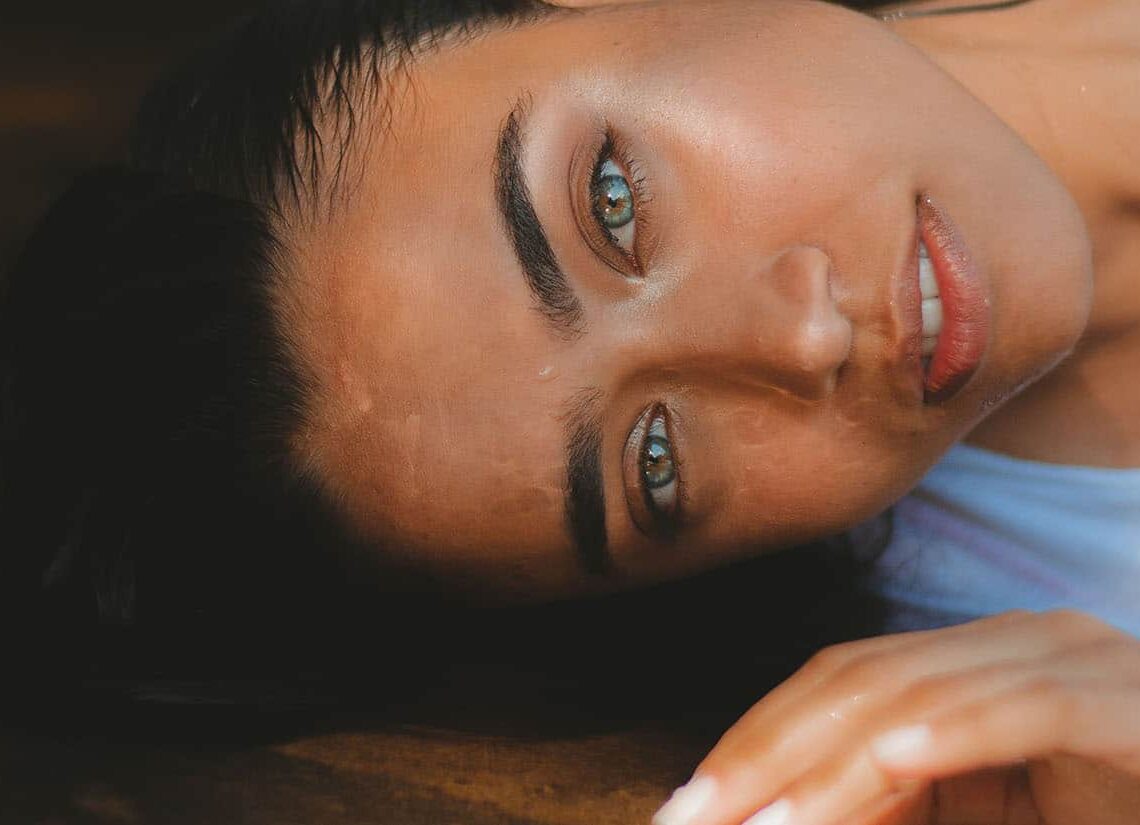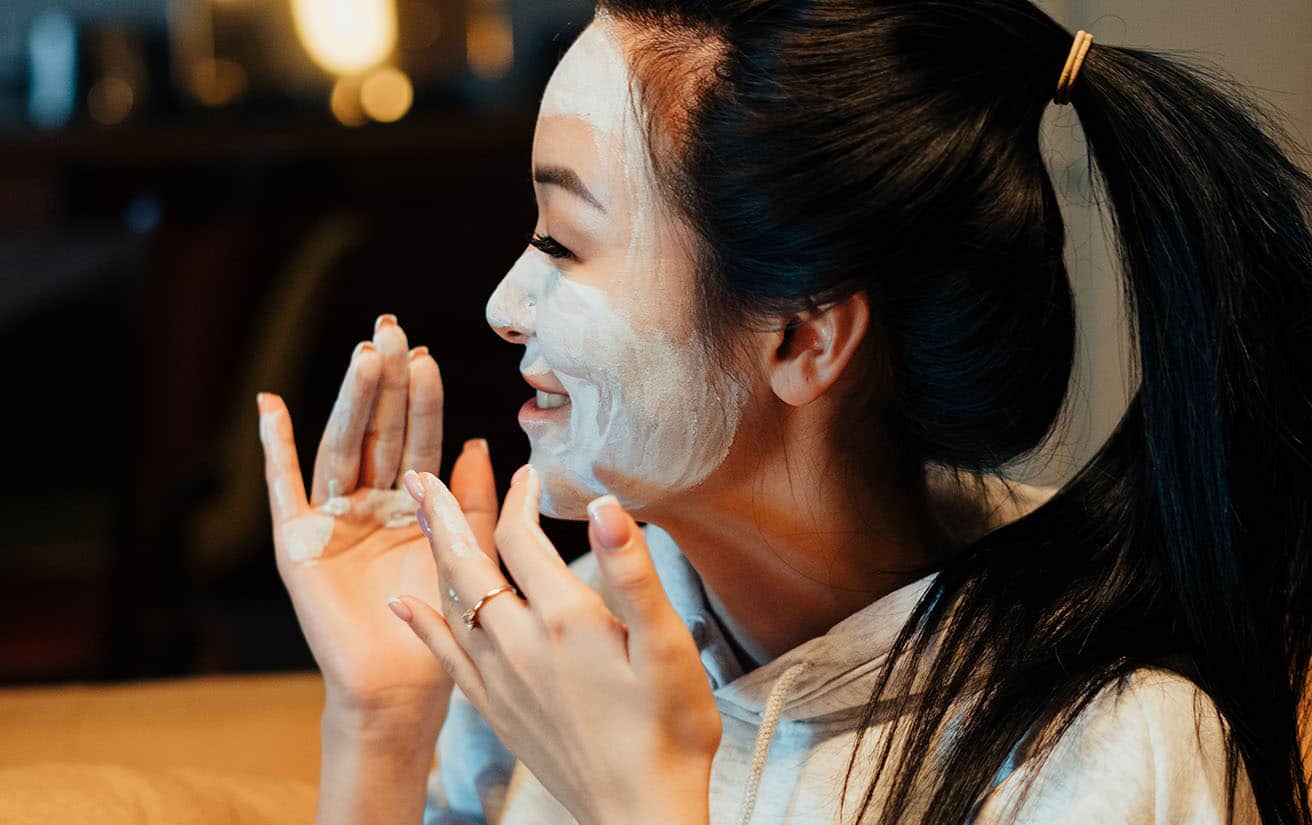How to Pick the Perfect Sunscreen

Nearly all beauty gurus agree that a little SPF goes a long way towards lessening wrinkles. protecting your skin, and preventing signs of aging. Meaning sunscreen should be a part of your skincare step everyday of the year. Learn how to choose the perfect SPF for you.
What is broad spectrum?
The FDA recommends that you only use sunscreen that has “broad spectrum” on the label. Broad spectrum means that a product protects skin from both UVA and UVB rays. In a very basic sense, UVA rays are the kind that cause wrinkles, and UVB rays cause sunburns and can lead to skin cancer. It’s important to wear sunscreen even on cloudy or rainy days because UVA rays are still shining even if the sun is obscured.
Which SPF is right for me?
Lots of acronyms in this article! SPF stands for “sun protection factor” and it’s a way to determine the degree to which sunscreens protect you. The number next to SPF represents how much of the sun’s rays the product allows on your skin. So SPF 30= 1/30th of all rays you’re exposed to will hit your skin. This is why the people who used to use SPF 15 or lower back in the day crisped up like toast, they were only protected from 1/15th of the sun’s rays. Experts agree that SPF 30 or higher is what we should be aiming for on the daily, regardless of skin type or tone.
Mineral or Chemical Sunscreen?
Mineral sunscreens are typically a mix of zinc oxide and titanium dioxide. This kind of sunscreen reflects UV light away from your skin. It might be a little thick and be slightly harder to rub in than other kinds, but some experts recommend mineral sunscreen for acne-prone skin.
Chemical sunscreens absorb UV light but prevent it from soaking into your skin. This kind of sunscreen tends to rub in easier and in some cases, even goes on clear. There’s a lot of debate about which kind is best, but many experts stand behind chemical sunscreen as a good everyday choice.
Do I need water-resistant sunscreen?
If you’re going to be swimming or sweating a lot the answer is “yes!” But keep in mind that water-resistant isn’t the same as waterproof, and your sunscreen is going to wash off. For the most part, water-resistant sunscreen needs to be reapplied every 40-60 minutes and should be allowed to soak in for a few minutes before you plunge back into the surf.
This is a lot of information, so if you need help, feel free to hit up a skincare Pro to demystify this further. Have fun in the sun!


